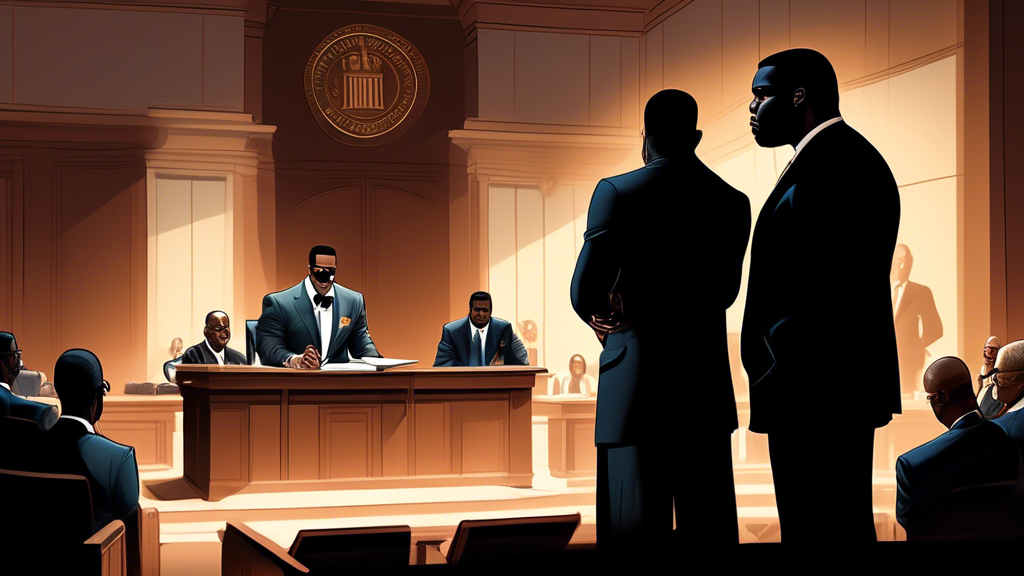Diddy Accuser Faces Possible Defamation Lawsuit from 50 Cent’s Ex Over Sex Worker Allegations
In a twist that adds complexity to an already sensational narrative, an individual who accused Sean Diddy Combs of misconduct now faces the possibility of a defamation lawsuit. The potential legal action comes from an unexpected source: the ex-partner of Curtis 50 Cent Jackson. The crux of the legal threat revolves around allegations linked to sex work, casting a glaring spotlight on the thorny issues of reputation, truth, and the repercussions of public accusations in the digital age.
The Allegations and Accusation
The controversy began when an accuser made public claims against the hip-hop mogul Diddy, suggesting inappropriate behavior. The situation took an even more dramatic turn when the accuser implicated several other high-profile figures in the entertainment industry, including a claim that tied them to alleged transactions involving sex workers. Among those mentioned was 50 Cent’s ex-partner, whose identity has been withheld for privacy and legal reasons.
Threat of Legal Action
Reacting to the allegations, the legal team representing 50 Cent’s ex-partner swiftly signaled their intention to pursue a defamation lawsuit against the accuser. Defamation, a legal cause of action designed to protect individuals against false statements that harm their reputation, requires the claimant to prove that the accuser made a false statement presented as a fact, that it was published to a third party, and that it resulted in damage or harm to the claimant’s reputation.
The potential lawsuit hinges on the assertion that the allegations made by the Diddy accuser are not only false but were also recklessly disseminated with a disregard for the truth or the consequences those statements might bear on those implicated.
Broader Implications
This looming legal battle underscores the broader implications of how allegations, especially those involving sensitive claims of sexual misconduct or associations with criminal activities, are navigated in the public domain. It also reflects the complexities surrounding issues of consent, privacy, and the increasing role of social media as a platform for these serious claims to be aired and, in some cases, adjudicated in the court of public opinion long before they reach a legal courtroom.
Legal experts argue that cases like these not only have the potential to redefine the boundaries of defamation law but also speak to the larger cultural shifts around accountability, the presumption of innocence, and the right to privacy versus the public’s right to know.
Moving Forward
As the case unfolds, all eyes will be on how these legal and ethical dilemmas are navigated by the parties involved and the legal system at large. The outcome of any potential defamation suit against the Diddy accuser could set precedents for how similar cases are handled in the future, particularly in a climate where allegations can spread globally at the click of a button.
For now, the saga serves as a cautionary tale about the power of allegations in the digital age and the importance of ensuring that claims are substantiated before they are made public. It also highlights the challenging road that individuals must navigate when seeking justice, balancing the pursuit of accountability with the protection of reputational integrity and the legal rights of all parties involved.


